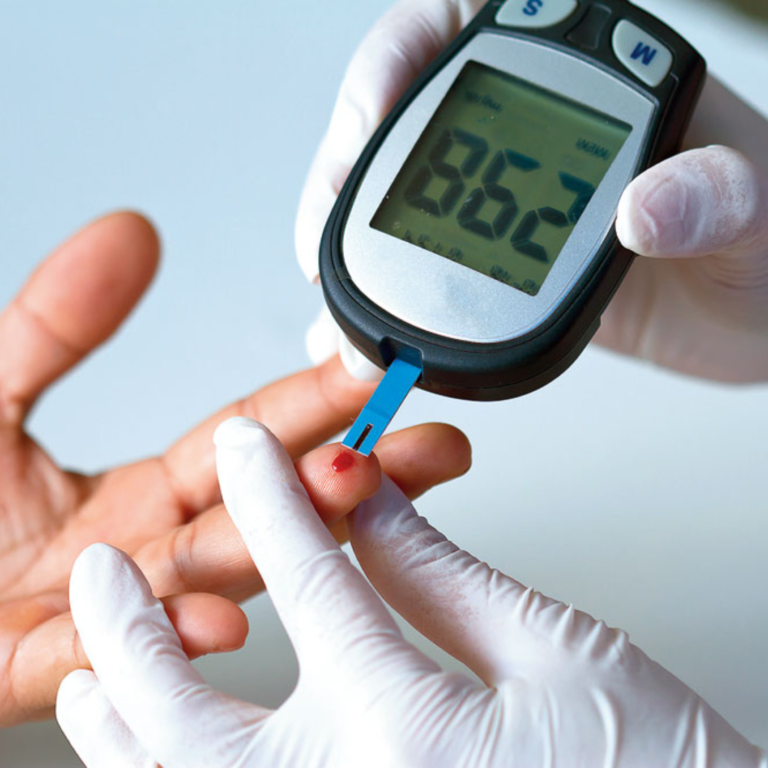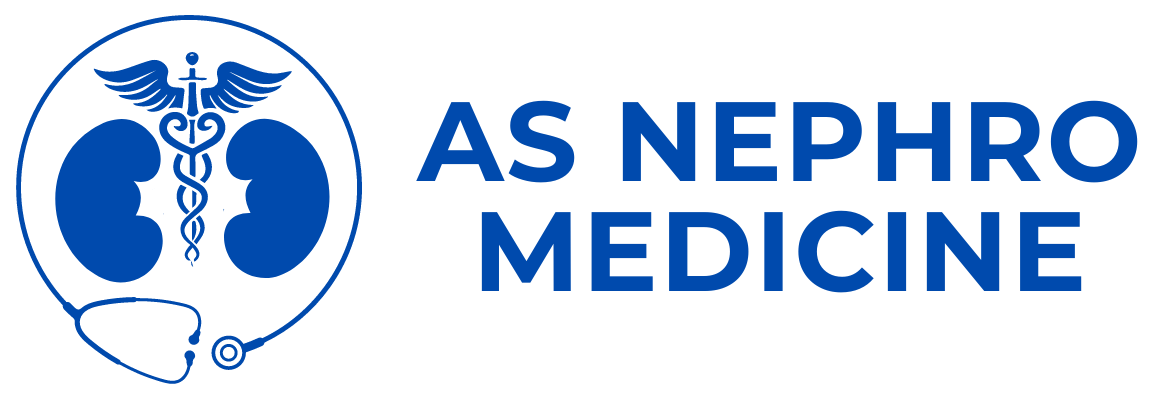
What is Diabetes?

Types of Diabetes
Type 1 Diabetes:
- Typically diagnosed in children and young adults.
- Results from the immune system attacking and destroying insulin-producing beta cells in the pancreas.
- Requires daily insulin injections for survival.
Type 2 Diabetes:
- Most common form, often diagnosed in adulthood.
- Develops when the body becomes resistant to insulin or gradually loses the ability to produce enough insulin.
- Managed with lifestyle changes (diet, exercise) initially, and may require oral medications or insulin as the disease progresses.
Gestational Diabetes:
- Occurs during pregnancy.
- Usually temporary, but increases the risk of developing Type 2 diabetes later in life for both the mother and child
What are the symptoms of diabetes?
Increased Thirst: Feeling unusually thirsty and needing to drink more fluids than usual.
Frequent Urination: Needing to urinate more often, especially at night.
Extreme Hunger: Feeling very hungry even after eating.
Unexplained Weight Loss: Losing weight without trying, especially in Type 1 diabetes.
Fatigue: Feeling tired or lethargic, often due to cells not getting enough glucose for energy.
Blurred Vision: Experiencing blurry vision or changes in eyesight.
Slow Healing of Wounds: Cuts and bruises taking longer to heal than usual.
Tingling or Numbness: Tingling, numbness, or pain in the hands or feet (diabetic neuropathy).
FAQs
Untreated or poorly managed diabetes can lead to serious complications such as cardiovascular disease, kidney damage, nerve damage (neuropathy), eye damage (retinopathy), foot problems, and skin conditions.
Diabetes is diagnosed through blood tests that measure fasting blood sugar levels, oral glucose tolerance tests, or A1C tests (which reflect average blood sugar levels over the past two to three months).
Type 1 diabetes cannot be prevented, but Type 2 diabetes can often be prevented or delayed through maintaining a healthy weight, eating a balanced diet, being physically active, and avoiding tobacco use.
If you experience symptoms of diabetes such as increased thirst, frequent urination, or unexplained weight loss, consult a healthcare professional. Early diagnosis and treatment are important to prevent complications.
Management includes lifestyle changes (diet, exercise), monitoring blood sugar levels, medications (insulin, oral medications), and regular medical check-ups. Diabetes self-management education is also crucial for effective management and prevention of complications.
